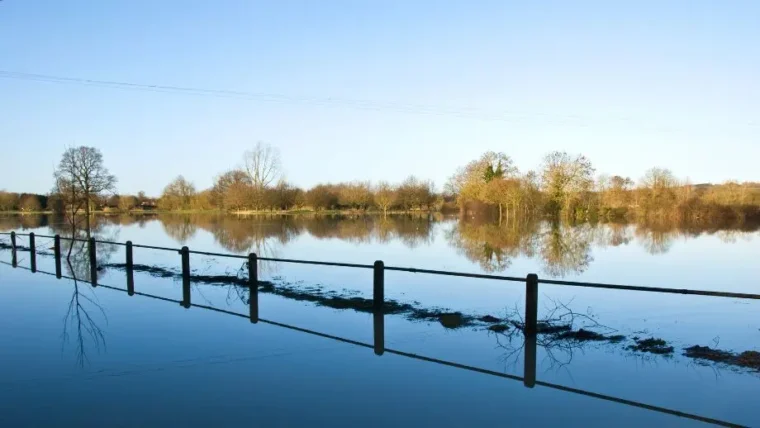The Sustainable Development Goals, otherwise known as Transforming our World: the 2030 Agenda for Sustainable Development is a set of 17 goals with 169 targets spread amongst them. In September 2015, 193 countries of the UN General Assembly adopted the Goals. The Goals cover a range of things from good health and wellbeing, climate action and gender equality. This blog will discuss goal number 6: clean water and sanitation.
It is recognised that water and sanitation are at the very core of sustainable development and critical to the survival of people and the planet. Water is essential for domestic, industrial and commercial purposes, for energy production and climate and flooding regulation. Recognising this, Sustainable Development Goal 6 specifically addresses drinking water, sanitation and hygiene and the quality and sustainability of worldwide water resources. Under this goal, there are a number of targets to try and achieve the overarching goal. These targets include:
- Universal and equitable access to safe and affordable drinking water;
- Access to adequate and equitable sanitation and hygiene;
- Improve water quality by reducing pollution, eliminating dumping and minimising the release of hazardous chemicals and materials;
- Increase water-use efficiency across all sectors ensuring sustainable withdrawals and supply of freshwater to address water scarcity;
- Implement integrated water resources management;
- Protect and restore water-related ecosystems;
- Expand international cooperation and capacity-building support to developing countries in water- and sanitation-related activities and programmes;
- Support and strengthen the participation of local communities in improving water and sanitation management.
With population growth, these targets are ambitious and will need significant investment and collaboration globally over the next 15 years and beyond in order to achieve them. Especially when you consider that over 40% of the global population is affected by water scarcity, a number that is expected to rise (UN, 2016). The World Bank Group, UNICEF and the World Health Organisation estimates that extending basic water and sanitation services to all would cost US$28.4 billion every year until 2030 (UN, 2016).
There is a lot of work ongoing to try and achieve this goal. A large number of stakeholders including civil society organisations, Governments, NGOs (non-governmental organisations), charities and other organisations will need to work together to make sustainable progress. There needs to be accountability, investment in water research and development and promotion to include women, youth and indigenous communities in water resources governance.
The importance of Sustainable Development Goal 6 cannot be underestimated. Water is at the very core of sustainable development and underpins and links to all the other Sustainable Development Goals. If we could meet this goal, it would go a long way to achieving the 2030 Agenda. While there is still a long way to go, progress is being made. For an example of this, you can read about current collaborative research in progress with Leeds Beckett University (MANTIS).









